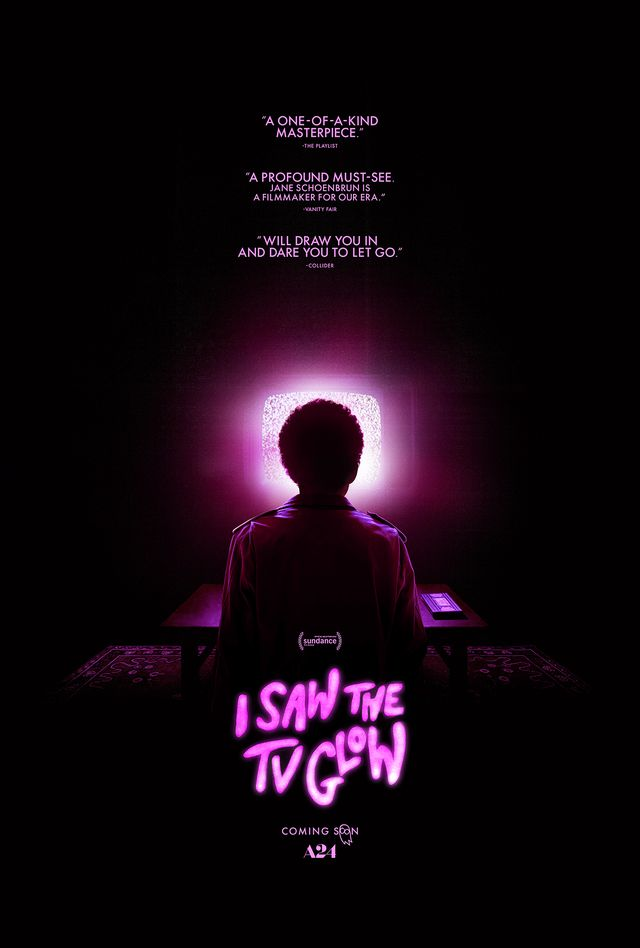Engagement editor Audrey Hogan explores how much the prestige of where you go to school really matters.
Essay: Joan Didion, ‘Know Your Enemy’ and Prestige

Do you believe yourself to be less smart than a Harvard student, only because you don’t walk those same brick-lined halls?
I think often about the Joan Didion essay “On Being Rejected From the College of One’s Choice.” Initially published in the Saturday Evening Post in 1968, I bought my copy from Barnes & Noble sometime in 2021, the essay encased in the collection of Didion’s work “Let Me Tell You What I Mean.”
I bought it to read when I was eventually rejected from the college of my choice, but that day never came. Instead, I read it this summer on the road somewhere near Sacramento, where Didion grew up.
The essay is short, poignant and prophetic in regard to the college admissions rat race modern teenagers now find themselves embroiled in. Didion condemns the hyper-involvement of parents in the college application process — figures who often project their own aspirations and social mobility onto their children during this time.
For me, the essay was more about understanding that not everything about my life was set in stone based on a decision I made when I was 17. Where I went to school was of no consequence — it was about what I did while I was there.
But I still had a crisis that summer — one of academic merit.
During finals week last spring, I became enamored with the podcast “Know Your Enemy.” The show is described by its hosts as “a leftist’s guide to the conservative movement,” and as a trip to visit a bookish yet reclusive friend by New Yorker writer Andrew Marantz.
I immediately took to the erudite nature of the show. The podcast is dominated by conversations critiquing the work of prominent conservative intellectuals, and interrogating the legacies those texts have left on the American political landscape.
I listened to episode after episode featuring interviews from Yale and Stanford professors before I began to get a strange feeling in the pit of my stomach.
I began to wonder if I was getting a “good enough” education at Loyola because it isn’t Yale, where a majority of the interviewed professors were doing their work. I started to question my own ability to think and process in the academic sense because I wasn’t at those institutions. I started to wonder if I was truly, madly, deeply smart.
Once I had the thought — no more than a seed in the back of my mind — I felt deeply upset with myself for even entertaining the idea.
I’ve learned more in my year and a bit in college at Loyola than I have throughout most of my life. Dorky as it is, I love going to class. I love the act of learning and the process of applying that newfound knowledge to the world around me.
There is a pervasive idea that one must be at a “smart” academic institution in order to be “smart” — whatever that means to you.
These attempts at projecting intelligence and my own conflict over whether or not my education will be “good enough” are born both out of fundamental insecurity and an inability to believe my own merits are independent of the institutions I have come to believe define those same merits.
It can feel like one needs an institution to evaluate them in some way to legitimize an independently developed skill or talent. As the prestigiousness of the institution gains more and more weight in that ultimate grading, the anxiety over where one goes to college grows.
This notion becomes even more ridiculous when placed in the context of who gets to go to prestigious institutions in the United States. Access to private, Ivy League and Ivy-adjacent institutions is restricted heavily by class and privilege, according to The New York Times. As a result of the systemic oppression of racial capitalism in the U.S., this class restriction is a restriction of access to racial and ethnic minorities.
The idea that you aren’t truly “good enough” or “smart enough” if not accepted into or placed at highly-held academic institutions is a product of academic gatekeeping and has become exacerbated by the college application process and industry.
If you feel more sure in your identity as a member of the wider intelligentsia because you got your degree from Stanford, in a sense, you’ve let advertising win.
This isn’t to say that individuals at Harvard or the University of Chicago aren’t smart — they very well could be and very likely are. But to assume they are better than everyone else just because of their presence at Harvard is silly. Cambridge doesn’t make you smarter — it’s what you do there.
My intelligence isn’t defined by my presence at academic institutions. I don’t need to be in a Yale classroom to be “smart” or to learn things of value. It’s a privilege to be in college at all and I intend to take advantage of that opportunity offered to me to the fullest extent, regardless of where I am.
A bad paper out of Harvard is still a bad paper. A good paper out of state school will always have worth.
Feature image by Holden Green / The Phoenix










